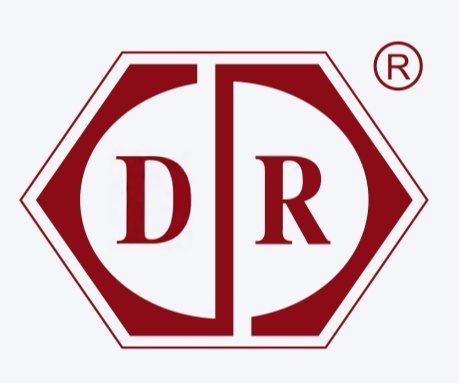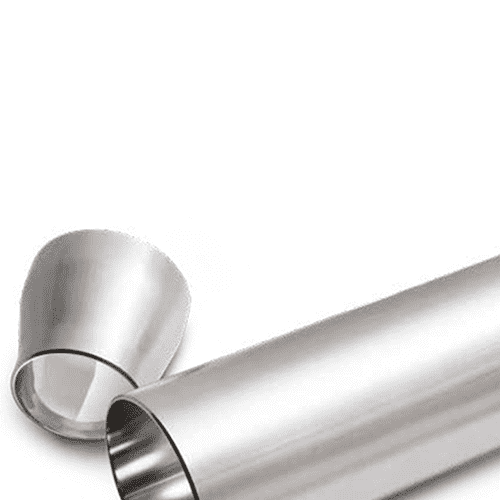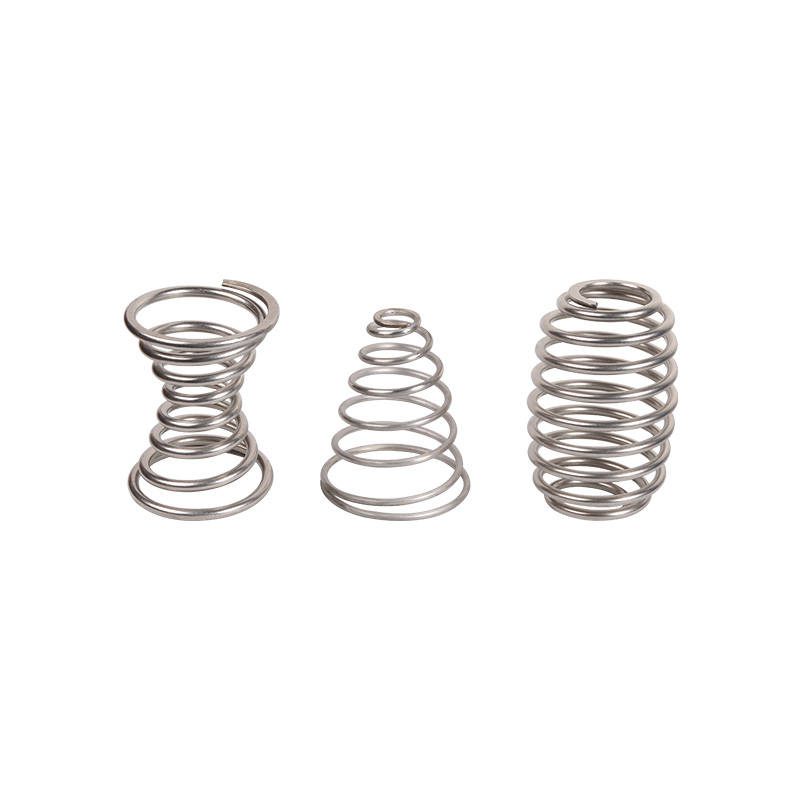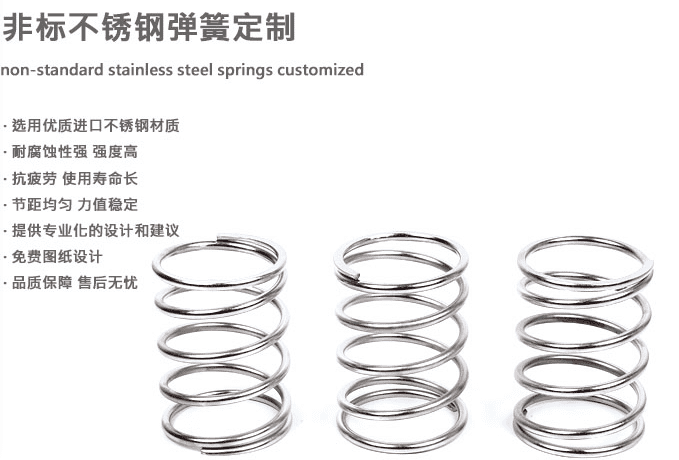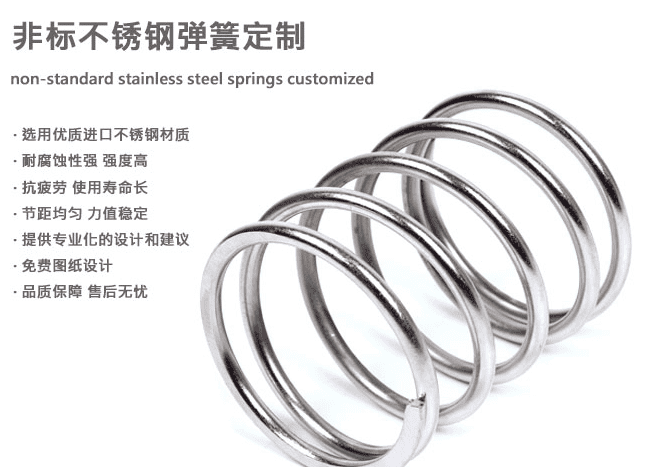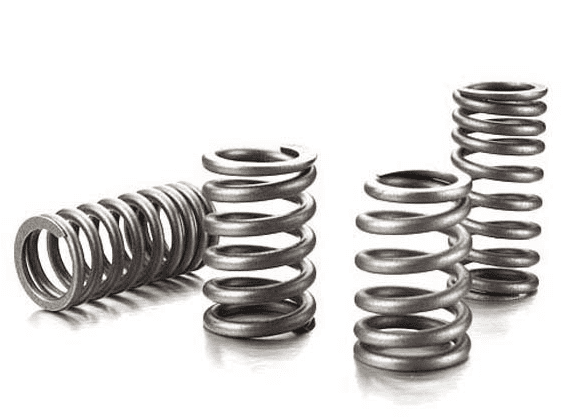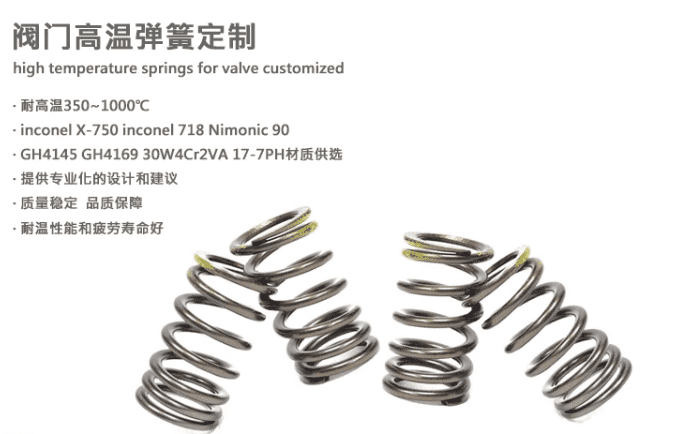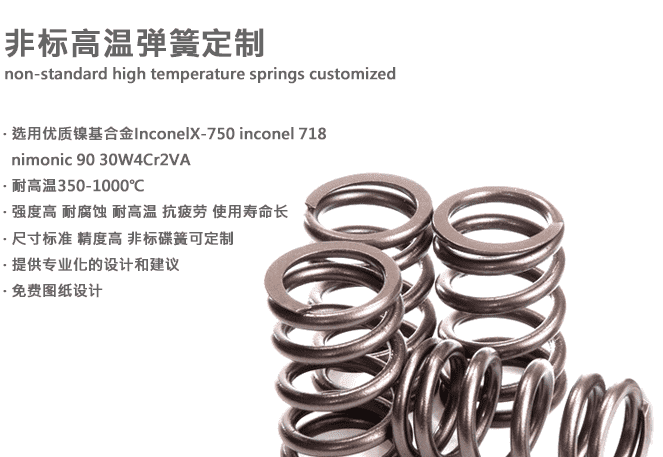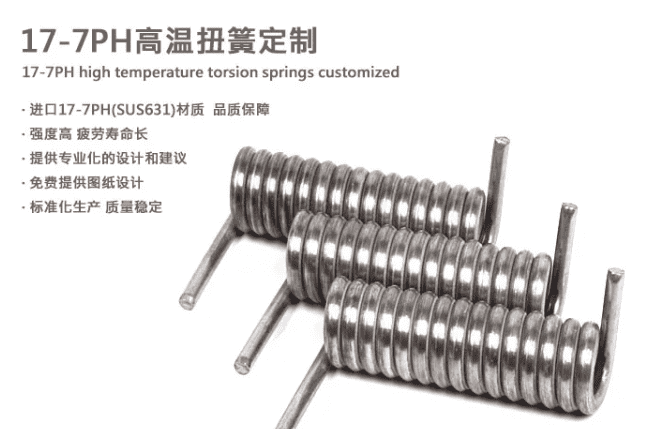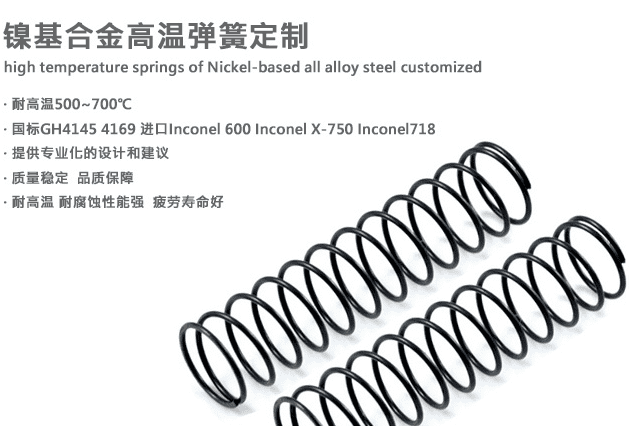Inconel600 Application:
- Vinyl chloride monomer production: resistance to chlorine, hydrogen chloride, oxidation and carburization
- Uranium oxidation to hexafluoride: resistance to hydrogen fluoride
- Production and use of corrosive alkali metals, especially in environments using sulfides
- Production of titanium dioxide by chlorine
- Production of organic or inorganic chlorides and fluorides: resistance to chlorine and fluorine
- Nuclear reactors
- Retorts and components in heat treatment furnaces, especially in carburizing and nitriding atmospheres
- Catalytic regenerators in petrochemical production are recommended to use alloy 600H in applications above 700°C for longer service life.
The main chemical composition of Inconel600 includes:
Nickel (Ni): the balance, as the main component, provides excellent corrosion resistance and high temperature strength.
Chromium (Cr): 14-17%, improves the oxidation resistance of the alloy.
Iron (Fe): 8-12%, helps to improve the strength and toughness of the alloy.
Other elements such as carbon (C), manganese (Mn), silicon (Si), copper (Cu), etc., have low contents, but also have a certain effect on the performance of the alloy.
Its physical properties include:
Density: 8.4g/cm³
Melting point: 1370-1425℃
Thermal conductivity: about 14.4W/(m·K)
Thermal expansion coefficient: about 13.3×10^-6/℃ in the range of 20-100℃
- Main characteristics
Corrosion resistance: Inconel600 has good resistance to a variety of corrosive media, including oxidizing acids and chlorides.
High temperature resistance: It can be used for a long time at temperatures up to 1093°C (2000°F), and it is not easy to oxidize or lose strength at extreme high temperatures.
Good mechanical properties: It has good strength, toughness and ductility under both low and high temperature conditions.
Weldability: It is easy to weld and process, and is suitable for a variety of manufacturing processes.
- Application fields
Inconel600 has been widely used in many industries due to its excellent performance:
Aerospace: It is used to manufacture high-temperature components of aircraft engines, such as turbine blades, combustion chambers and gas turbines.
Petrochemical: It is used to manufacture high-temperature and high-pressure containers, heat exchangers, pipes and valves.
Nuclear energy industry: It is used to manufacture control rods, heaters and protective shells in nuclear reactors.
Chemical industry: It manufactures equipment and components that are resistant to high temperatures and corrosive media.
Power industry: It is used to manufacture high-temperature components such as boiler pipes and turbine blades.
